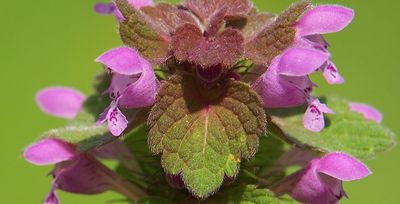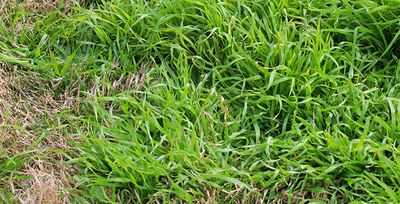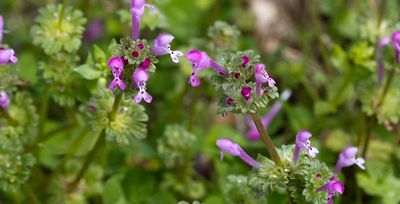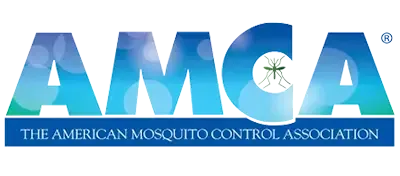Understanding Soil pH and How It Affects Your Tulsa Lawn
If you’re a Tulsa homeowner, you already know keeping a beautiful lawn isn’t easy. Our unpredictable Oklahoma weather—hot summers, sudden thunderstorms, and the occasional icy blast—puts your grass through a lot. Most people focus on watering and mowing, and while those are important, there’s one often-overlooked factor that can make or break your lawn: soil pH.
When soil pH isn’t in the right range, your lawn struggles to absorb nutrients, no matter how much fertilizer you apply. If your grass looks yellow, patchy, or just “off,” pH could be the culprit.
As Tulsa’s local lawn care experts, Nutri-Green is here to explain why soil pH matters, how our local soil affects it, and what you can do to keep your lawn healthy year-round.
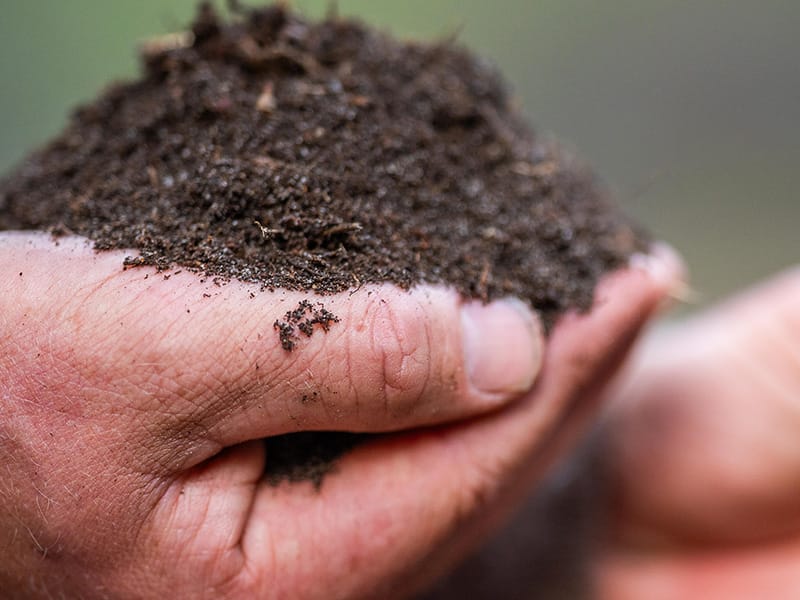
What Is Soil pH? (And Why Does It Matter in Tulsa?)
Soil pH is a measure of how acidic or alkaline your soil is, based on a scale from 0 to 14:
- Below 7 = Acidic soil
- 7 = Neutral soil
- Above 7 = Alkaline soil
Most Tulsa lawns use Bermuda, Zoysia, or Tall Fescue grass. These grasses prefer slightly acidic to neutral soil (pH 6.0–7.0). If your soil falls outside this range, it affects nutrient availability, and your lawn can’t get the food it needs to grow strong and green.
Why Does Soil pH Matter for Lawn Health?
Think of soil pH as the “gateway” for nutrients. When it’s off, nutrients like nitrogen, phosphorus, and potassium can get “locked up,” meaning they’re present in the soil but your grass can’t absorb them.
Signs Your Lawn’s pH Is Off
- Yellowing or pale-green grass
Thin, patchy areas
Slow growth or poor recovery from heat or foot traffic
Fertilizer that seems to do… nothing
These symptoms are often blamed on watering issues, but in Tulsa, high soil pH is often the real reason.
Tulsa Soil Profile – Why Our Lawns Struggle
Here’s the local truth: Tulsa soil tends to be naturally alkaline. This comes from our limestone-rich bedrock and mineral-heavy soils. Combine that with hard irrigation water (also alkaline), and many Tulsa lawns end up with a pH over 7.0—sometimes as high as 7.5 or 8.0.
Why does that matter? At high pH levels, important nutrients like iron and phosphorus become unavailable. That’s why you often see yellowing Bermuda or Zoysia grass even when it’s fertilized.
How Tulsa Weather Impacts Soil pH Year-Round
- Spring rains: Heavy rainfall can wash away nutrients, slightly lowering pH in some cases.
- Summer heat + irrigation: Frequent watering with hard water pushes soil more alkaline.
- Winter months: The dormant season is a good time for certain pH adjustments, since there’s less stress on the grass.
Understanding these seasonal shifts helps us plan the right treatments at the right time.
Common Grass Types in Tulsa and Their pH Preferences
- Bermuda Grass: Thrives at 6.0–6.5; struggles when soil is above 7.0.
- Zoysia Grass: Prefers 6.0–7.0; too alkaline = iron chlorosis (yellowing leaves).
- Tall Fescue: Grows best at 6.0–6.8; alkaline soil weakens its root system.
When soil pH is out of range, these grasses can’t perform their best—no matter how much water or fertilizer you use.
Testing Soil pH in Tulsa – DIY vs. Professional
You can’t fix what you can’t measure, so the first step is testing your soil.
DIY Kits
Available at local spots or big box stores, DIY kits are affordable and quick, but not as accurate as lab tests.
Professional Testing from Nutri-Green
Our tests give you more than just a number. We provide:
- A complete soil analysis (pH + nutrient levels)
- A custom plan to correct imbalances
- Professional application of soil amendments for lasting results
We know Tulsa soil inside and out—and that local expertise makes all the difference.
3 Common Myths About Soil pH and Tulsa Lawns
- “More fertilizer will fix my lawn.”
Wrong—if your pH is off, your grass can’t use the fertilizer. - “Watering more will help.”
Tulsa water is often hard and alkaline—watering too much can make pH problems worse. - “Soil never changes.”
Soil pH changes constantly due to weather, irrigation, and fertilizer use.
Pro Tips for Maintaining Healthy Soil in Tulsa
- Test your soil every 2–3 years
- Use fertilizers designed for alkaline soils
- Add compost to improve structure and balance pH
- Watch irrigation water quality—consider rain barrels if possible
- Avoid over-fertilizing, which can disrupt soil chemistry
Why Tulsa Homeowners Choose Nutri-Green
We’re more than a lawn service—we’re soil experts. Our Tulsa-based lawn care team knows what your lawn needs to thrive, and we back it up with proven programs that deliver results.
Our services include:
- Professional soil testing
- Comprehensive lawn care plans
- Targeted treatments
- Seasonal care tuned to Tulsa’s climate
- Expert guidance every step of the way
When your soil is balanced, your lawn becomes greener, thicker, and healthier—without the guesswork.
Ready for a Tulsa Lawn That Turns Heads?
Healthy grass starts with healthy soil. Let Nutri-Green maintain your soil pH so your lawn stays strong year-round.
Call Nutri-Green today or click below to schedule your soil test and custom lawn care plan!

Testimonials



News, Blogs & Articles
Our Blog
